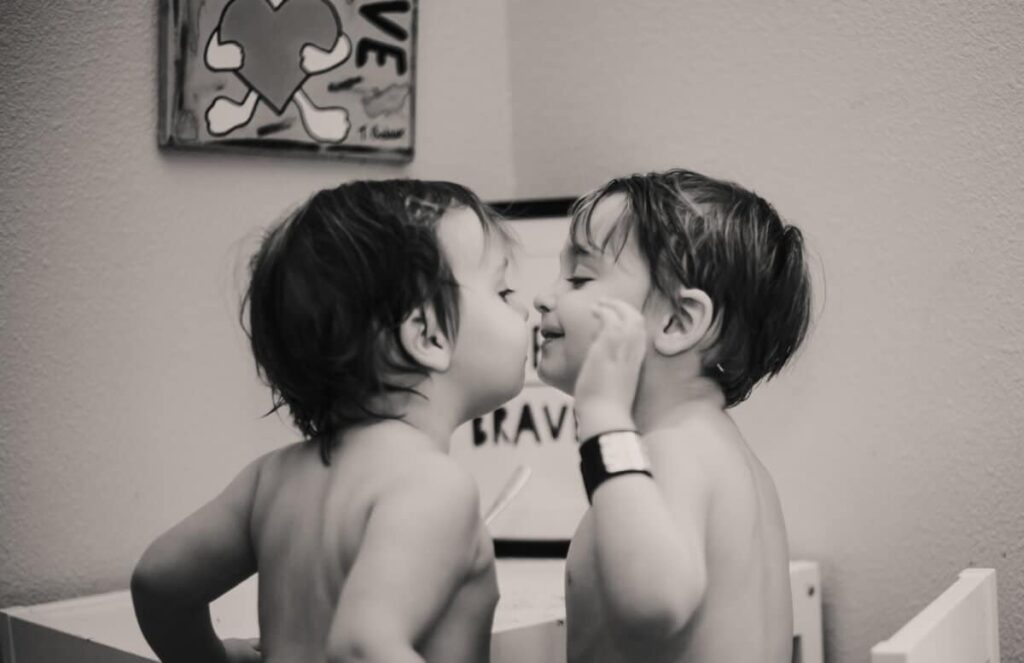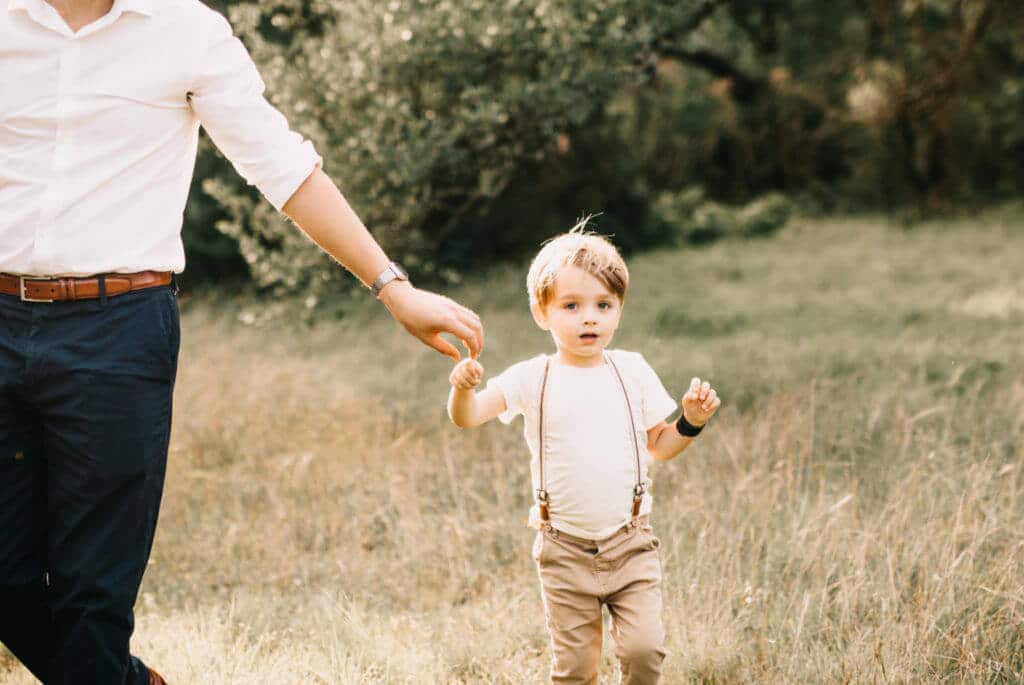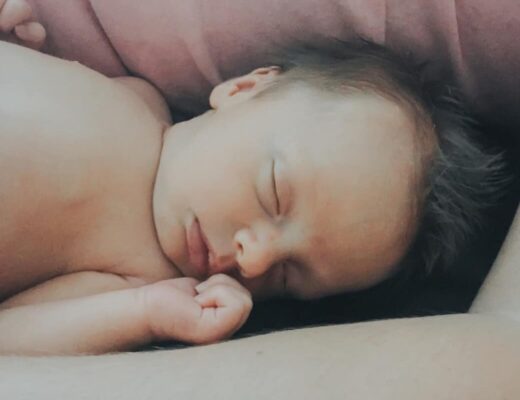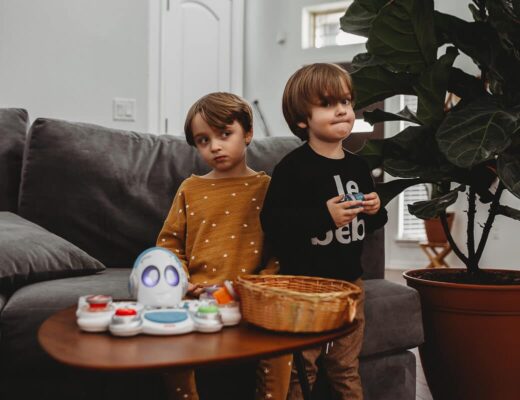 April is autism awareness month. If your child just got an autism diagnosis you are probably feeling a whole lot of emotions. From sadness to relief, I’ve felt them all. I wish they gave you a nice guide to raising a child with autism after your child is diagnosed, but all we got was a few phone numbers to call and an outdated and overwhelming “autism manual”. Here are 10 tips after an autism diagnosis.
April is autism awareness month. If your child just got an autism diagnosis you are probably feeling a whole lot of emotions. From sadness to relief, I’ve felt them all. I wish they gave you a nice guide to raising a child with autism after your child is diagnosed, but all we got was a few phone numbers to call and an outdated and overwhelming “autism manual”. Here are 10 tips after an autism diagnosis.
From one autism mom to another, I’d like to share my tips for raising a child with autism. Keep in mind that all children on the autism spectrum are unique, but these tips should apply to all nonetheless.
10 tips after an autism diagnosis
1- Therapy. There’s really no shame in getting your child into therapy. Getting an official diagnosis will allow your child to qualify for all kinds of therapy (Speech Therapy, Occupational Therapy, DIR Therapy, and ABA Therapy). Do some research, call around, and find what therapy looks best for your child. We do ABA Therapy and Speech Therapy. While still non-verbal, Charlie has made great progress in other areas (including communicating with an iPad app) which wouldn’t have happened without his amazing therapists. Don’t hesitate to shop around to find the therapy center that fit your child’s needs the best. It’s a big decision so don’t be afraid to be picky!
2- Routine: A fixed schedule is important for a child on the autism spectrum. Most autistic children do not like when their routine is disrupted. They like to know what’s coming. Transitions are hard too, so use a timer if you have to change activity. Tell your child, “okay, in one minute we’re going to go back inside”. It may not work right away but if you’re consistent, they’ll understand the concept of a timer and it will decrease your and your child’s frustration while transitioning from one activity to another.
Every milestone is worth celebrating, no matter how small!
3- Celebrate. Your child may be delayed developmentally. His milestones and successes may be different from his peers – different from what your friends are celebrating about their kids – but they’re totally worth celebrating. Celebrate your child’s victories even if they appear small. The first time Charlie said the sound “buh” for bubbles when he was 3, we celebrated. Your child is developing on his own timeline and that’s OK!
4- One on one time. Take the time to spend quality time with your child. I know it can be difficult because they may not even want you to play with them but do it anyways. Take him or her to the park. Don’t stay home because it’s easier. I made that mistake in the beginning. You have to confront the outside world even if it’s overwhelming and scary for you both. It’ll get easier. Let them explore like you would if you had a neurotypical child.
5- Support: Autism can be isolating. I know this first-hand. It’s important for you to find people you can talk to- people who are going through the same thing as you and who “get it”. Finding support groups online or in your local area is important.

Picture by CloverBudPhotgraphy in Austin, TX
Comparison is the thief of joy
6- Don’t compare: This is hard because you see your friend’s children doing the things you’d pictured yourself doing with your kiddo. They’re celebrating different milestones but it doesn’t mean you shouldn’t celebrate yours (see #3).
7- Praise your child: Most kids on the autism spectrum understand and love positive reinforcement even if they don’t always show it. Congratulate them! Make them feel proud of their accomplishments!
8- Take care of yourself: This is really important. I struggle with this myself but you need to feel good in order to be able to care for your child who may require extra attention. Once in a while, leave the kiddos with a trusted caregiver or babysitter and do something you like. Whether it’s hanging out with your friends, going to Target, or going to the gym, do something that makes you happy. You deserve a break! You need it to function at your best.
9- Ignore negative or ignorant people: You will inevitably meet people who will say things like, “oh but he’s so cute, are you sure he’s autistic?” Or “autism is just a new trend,” or “he just needs a good spanking”. Don’t let these comments get to you and focus on the positive. Focus on your child, focus on yourself, and focus on all the other people in your life who “get it” and support you in your journey.
10- Free resources: There are many free resources and programs for children on the autism spectrum. Programs like DADS and DARS have long waiting lists but they’re worth it. There’s also respite care, Early Childhood Intervention if your child is under 3, and free preschool programs for children with disabilities. It will vary from state to state so ask around. Ask your child’s doctor!

1 in 68 children has autism.
If your child doesn’t have autism, chances are you probably know someone who has an autistic child, or you will at some point. If you’re wondering how you can be supportive of your friend, it’s simple. Don’t act too awkward, don’t change the subject, and ask questions about things you don’t understand. Be understanding, be kind, and be a good listener. The worst thing you can do is ignore your friend. There are definitely a few things I would have loved to hear after my son was diagnosed.
What can you say to a friend whom son was just diagnosed with autism?
- “He’s still the same little boy you’ve always known. Getting a diagnosis and putting a label on him doesn’t change who he is. It’s a tool to get him therapy and the extra help he needs.”
- “What are you up today? Can I stop by with a pizza?”
- “Let me know if there’s anything I can do. You are in my thoughts and your son is lucky to have you as his advocate.”
Autism can be isolating, but it doesn’t have to be. Do you have tips after an autism diagnosis?




No Comments